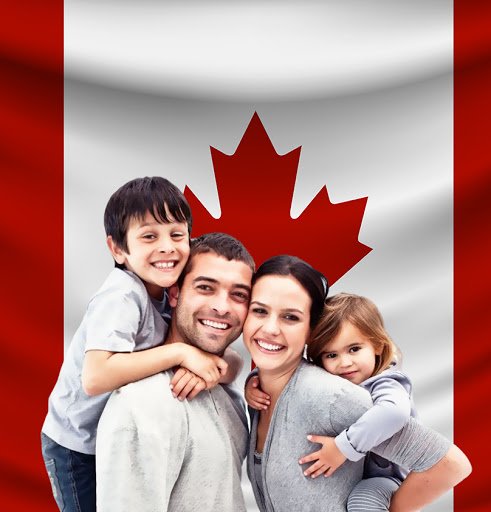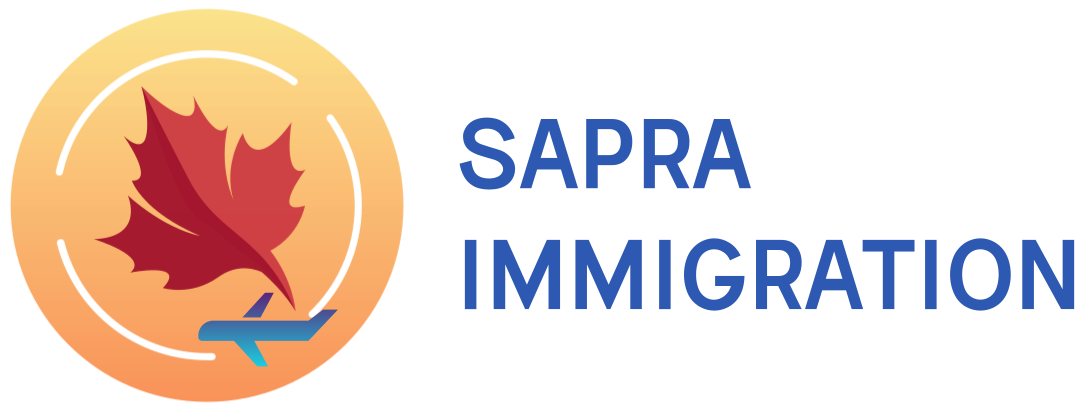VISITOR VISAS

Introduction: Temporary Resident Visas (TRVs) are essential for individuals planning to visit Canada for a short period, whether for tourism, business, or family visits. Issued by Immigration, Refugees and Citizenship Canada (IRCC), a TRV confirms that the applicant has met the entry requirements to be temporarily admitted to Canada. This overview provides key insights into the TRV application process and what applicants should consider.
Application Process and Eligibility : To qualify for a TRV, applicants must:
• Prove their stay in Canada will be temporary (typically up to 6 months).
• Demonstrate sufficient financial means to support themselves during the visit and to return home.
• Show strong ties to their home country (e.g., employment, family, assets).
• Have a valid travel document (passport).
• Be in good health and undergo a medical exam if required.
• Not have a criminal record or pose a security risk to Canada.
• Provide biometrics (photo and fingerprints) if required.
The application process involves completing the IRCC online forms, gathering documentation, paying processing and biometric fees, and submitting the application online or via a VAC (Visa Application Centre). Processing times and document requirements vary by country.
Professional Guidance and Extensions : As a Regulated Canadian Immigration Consultant (RCIC), we provide end-to-end support for TRV applications, whether you are applying for the first time, requesting an extension, or restoring your visitor status. We ensure each application is complete, accurate, and aligned with the latest immigration policies.
If your application is refused, we help assess the reasons and guide you through reapplication or reconsideration processes. Whether you are visiting for family reunification, tourism, business, or transitioning from another status (study or work), we offer tailored services for your situation.

Family Visit
Visitor visas allow family members—including spouses, children, parents, grandparents, and in some cases, extended relatives—to reunite temporarily in Canada. Applicants must prove financial stability, intent to return home, and provide an invitation letter from their Canadian relative.

Visit as Tourist
For leisure, sightseeing, or personal travel, most visitors need a TRV or an eTA, depending on their nationality. Applicants must demonstrate ties to their home country, sufficient funds, and travel purpose. Standard stays are valid for up to 6 months.

Business Visit
Business visitors can enter Canada for meetings, trade shows, or business development—without entering the labour market. Applicants must show ties to a business abroad, proof of funds, and documentation for the visit’s purpose.

Super Visa
The Super Visa allows parents and grandparents of Canadian citizens or PRs to stay in Canada for up to 5 years per entry, with a 10-year multiple-entry validity. Requirements include private medical insurance, financial support documents, and a host invitation.

Visa Extension
Visitors wishing to stay beyond their authorized period must apply to extend their status before expiry. Applicants who apply on time may benefit from implied status, allowing them to remain in Canada legally while awaiting a decision.

Restore Visitor Status
If your visitor status has expired, you may apply to restore it within 90 days. Restoration applications require a strong explanation, supporting documents, and restoration fees. Timely submission is critical to avoid removal proceedings.

Visa Sticker (TRV) for Study/Work Permit Holders
Study or Work Permit holders in Canada need a TRV sticker in their passport to re-enter Canada after international travel. This physical visa must be applied for separately and is required even if the permit is still valid.

Change of Status to Visitor
Individuals inside Canada (e.g., students or workers completing their program/job) can change to visitor status for tourism or family reasons. This transition requires proof of purpose, funds, and compliance with IRCC rules.

Other Visa Types
Includes eTA for visa-exempt travelers, Diplomatic, Official, Courtesy, and Facilitation Visas. Requirements vary significantly based on purpose and applicant profile. We guide clients through these specialized categories.
